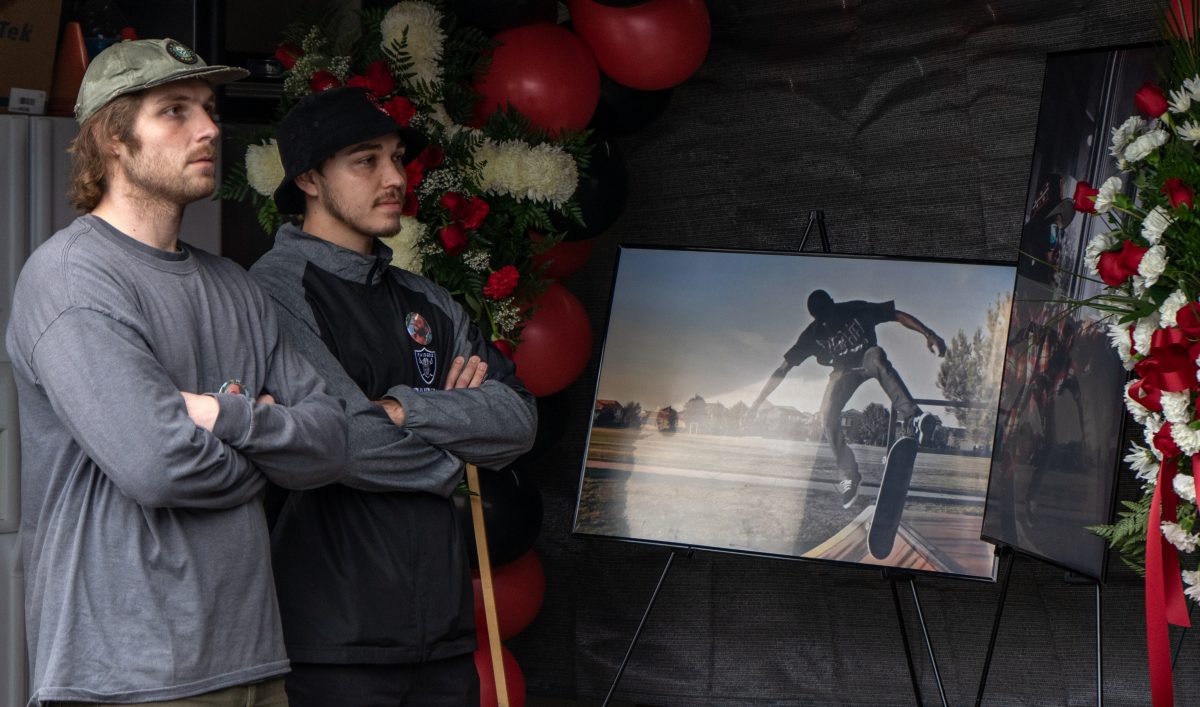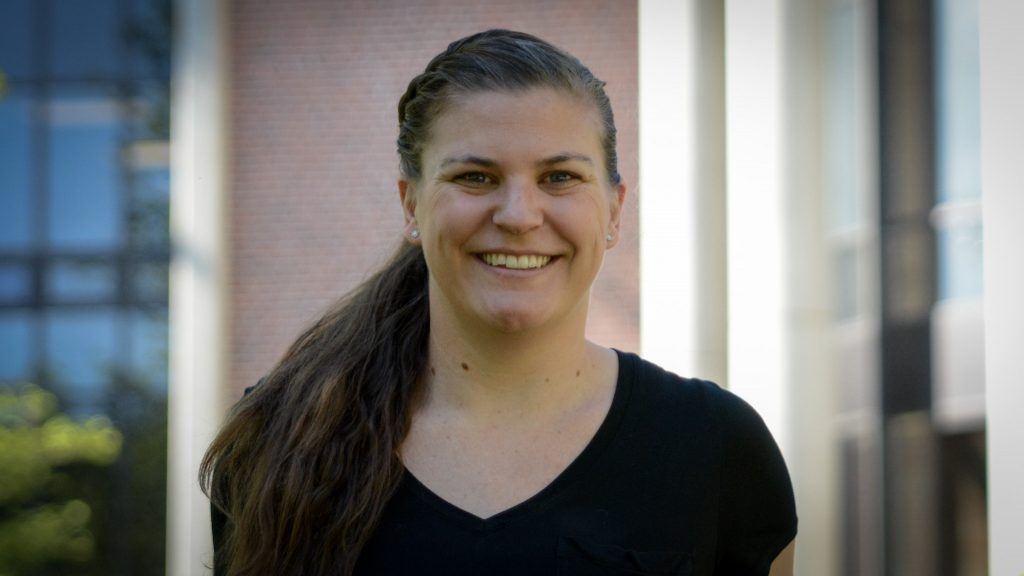Yvette Aghassi
Staff Writer
yaghassi.express@gmail.com
At a quick glance, you would never guess you were looking at a City College professor. Young, hair pulled away from her face in an effortless bun. Blue jeans and a University of Oregon sweater. She exudes both confidence and approachability.
Even the location she suggests for the interview is unlike what you might expect from another professor. Local restaurant Meet & Eats it is, then.
Blair Lynch isn’t your typical psychology professor. She’s a “cool” psychology professor.
Lynch has taught part time at City College for the past five years. She boasts a respectable 4.3 overall average on the popular online professor rating site RateMyProfessor.com.
“I think it’s because I’m young and relatable,” says Lynch about her popularity with students. “I haven’t quite lost touch with students yet. I stay approachable and I don’t mind embarrassing myself in front of them.”
Despite the high online ratings, Lynch declares that she refuses to search her name and read the mostly positive comments. Instead, she says she focuses her attention on thoughtfully crafted curriculum and the time she has in class with her students.
At 31, Lynch is a highly accomplished woman. She finished her undergraduate studies at Southern Oregon University and completed the psychology graduate program at Sacramento State. Lynch recently began teaching at Folsom Lake College too. Although she is currently a part-time professor, becoming a full-time educator is her primary goal.
In addition to teaching college, she works at an education tech company based in Davis. She trains K-12 grade school teachers how to be more proficient in incorporating technology in the classroom. This includes teaching them the proper use of iPads, ChromeBook and Google Classroom.
Lynch understands that being a good teacher makes all the difference in a student’s college experience because she too was inspired by her own high school and college professors to go into teaching. Lynch cares deeply for her students and will go the extra mile to help her students succeed.
“I can’t have my students not write, that’s doing them a disservice,” says Lynch, “but I want to walk you through how to be a better writer and how to be proficient in the subject matter. I am going to take you through this class, which may be your very first semester in college, and you will use these skills I teach you throughout your entire collegiate career.”
Lynch says that teaching social psychology is her favorite course. She teaches students concepts and terms that are applicable in their everyday lives.
Ernesto Benetiz, one of Lynch’s psychology students, says that her genuine interest in teaching her students and making sure they understand the material is apparent.
“Sometimes students are nervous to respond to questions,” says Benetiz, “and all she says is, ‘there is no right or wrong answer, I just want to make sure you understand the topic.’”
For her, the most fulfilling part of teaching comes at the end of the semester when her students present their fi nal social application presentation. She says she is able to witness how her students are able to effectively and appropriately apply everything she has taught them throughout the year on specific issues that have directly impacted their lives.
“What I like most about Miss Lynch is her excitement for psychology and the material she is teaching,” says Benetiz. “She has a passion for what she knows and wants to share that with her students.”
The professor puts herself out there for her students in ways very few other instructors would. Once Lynch made a physical clay model of a molecular structure she was discussing in class so a blind student could feel and better understand what she was discussing.
“I try to be more helpful,” Lynch says of the way she views her relationship with students. “I don’t like to talk at, I like to talk with them.”































